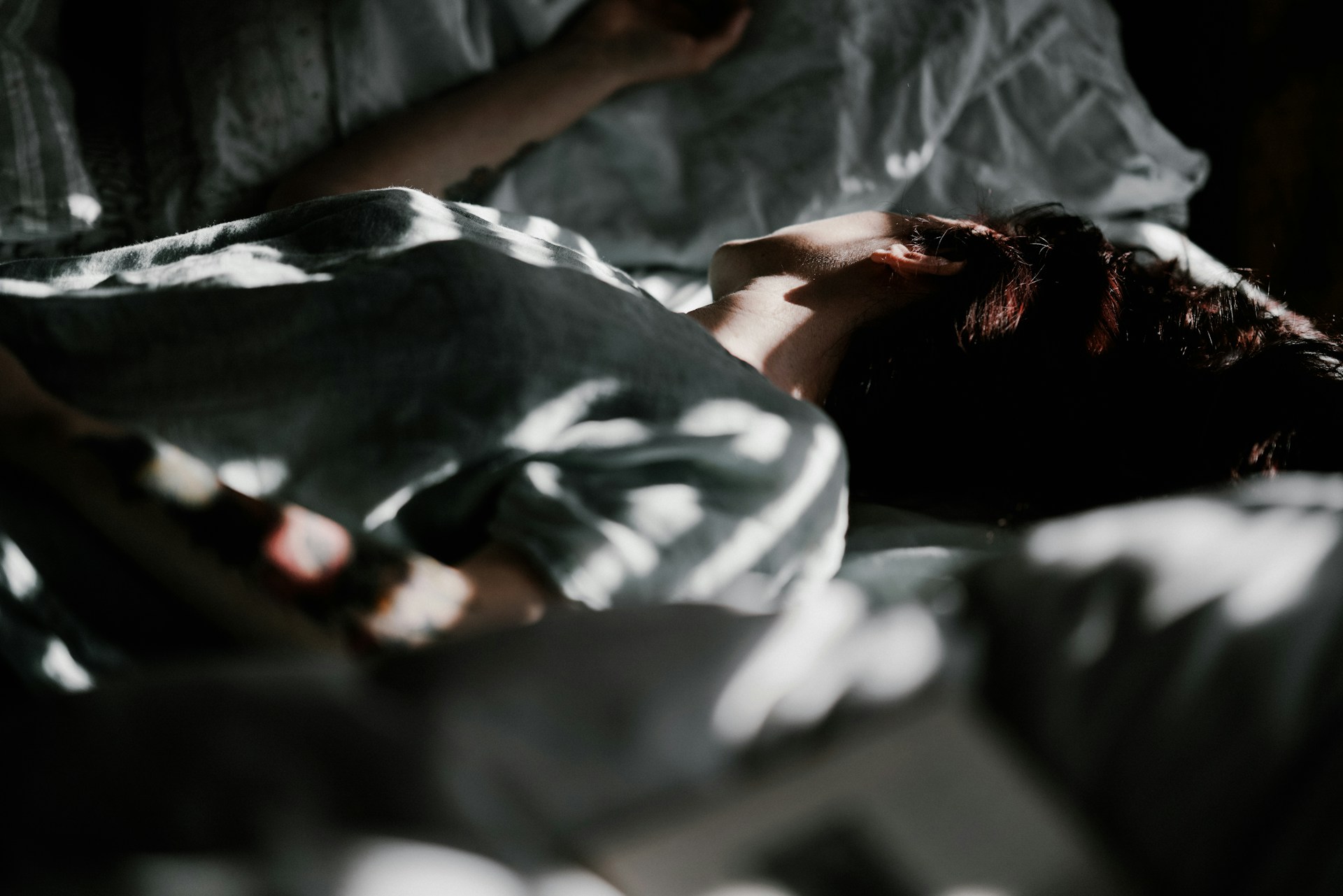Mindfulness
Why Nighttime Blues Happen: Uncovering the Evening Sadness Mystery

If you find yourself feeling down as the day winds down, you’re certainly not alone. Many individuals experience a dip in mood during the evening, which can interfere with their ability to get a good night’s sleep.
This phenomenon is often referred to as “nighttime depression,” a term that describes the tendency for some people to feel sadder as night approaches. However, as Theresa Miskimen Rivera, MD, a clinical professor of psychiatry at Rutgers University, clarifies, it’s not always indicative of a diagnosable mental health issue but rather “a sense of sadness.”
A key factor contributing to these feelings is an out-of-sync circadian rhythm. This internal clock, which operates on a roughly 24-hour cycle, regulates our sleep-wake patterns. The Cleveland Clinic explains that light exposure plays a crucial role in this process; when light enters the eye, it signals the body to stop producing melatonin, the hormone that facilitates sleep.
When your circadian rhythm is misaligned with your sleep-wake cycle, it can have a noticeable impact on your mood. Research indicates that irregular sleep patterns, such as staying up too late or waking up too early, can exacerbate feelings of sadness, even in those without a diagnosed mood disorder.
Experts from Johns Hopkins Medicine highlight a significant connection between sleep issues and depression. They note, “Depression and sleep problems are closely linked. People with insomnia, for example, may have a tenfold higher risk of developing depression than people who get a good night’s sleep. And among people with depression, 75 percent have trouble falling asleep or staying asleep.”
Moreover, studies have shown that staying awake into the early morning can lead to a decline in mood, with depressive symptoms peaking around 8 a.m.
To combat these nighttime blues, establishing good sleep habits can be beneficial. Sarah L. Chellappa, MD, MPH, PhD, suggests strategies such as turning off electronic devices before bed, maintaining consistent sleep and wake times, and ensuring your sleeping environment is cool and dark.
Additionally, reducing the intake of substances like drugs, alcohol, and caffeine, particularly in the afternoon and evening, can help alleviate depressive symptoms and promote better sleep.
If these feelings persist, it’s important to consult with a healthcare professional. Seeking help from a doctor or therapist can assist in identifying the underlying causes and help you adjust your routine, ultimately leading to improved sleep and mood.
Let us know what you think, please share your thoughts in the comments below.
